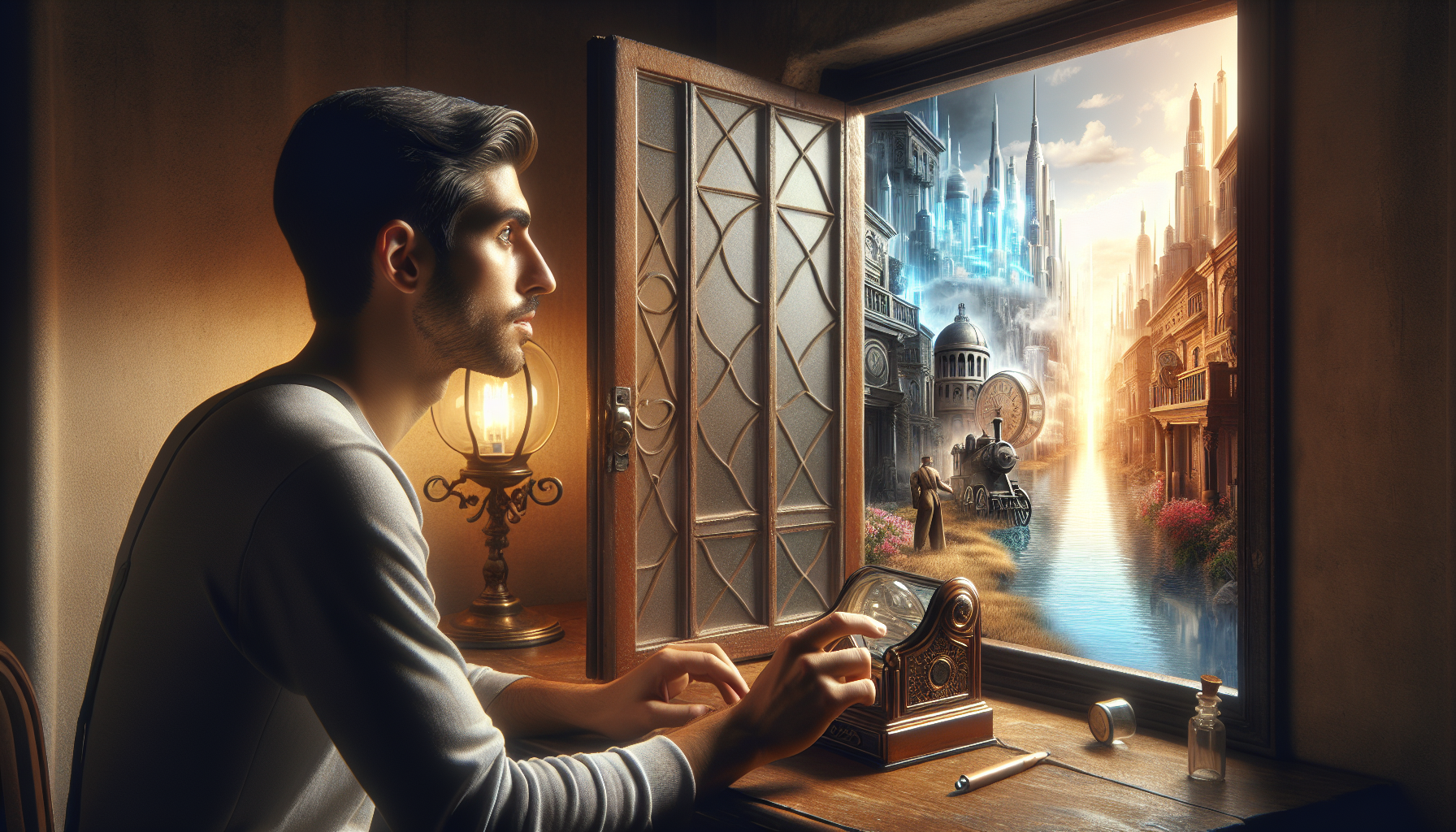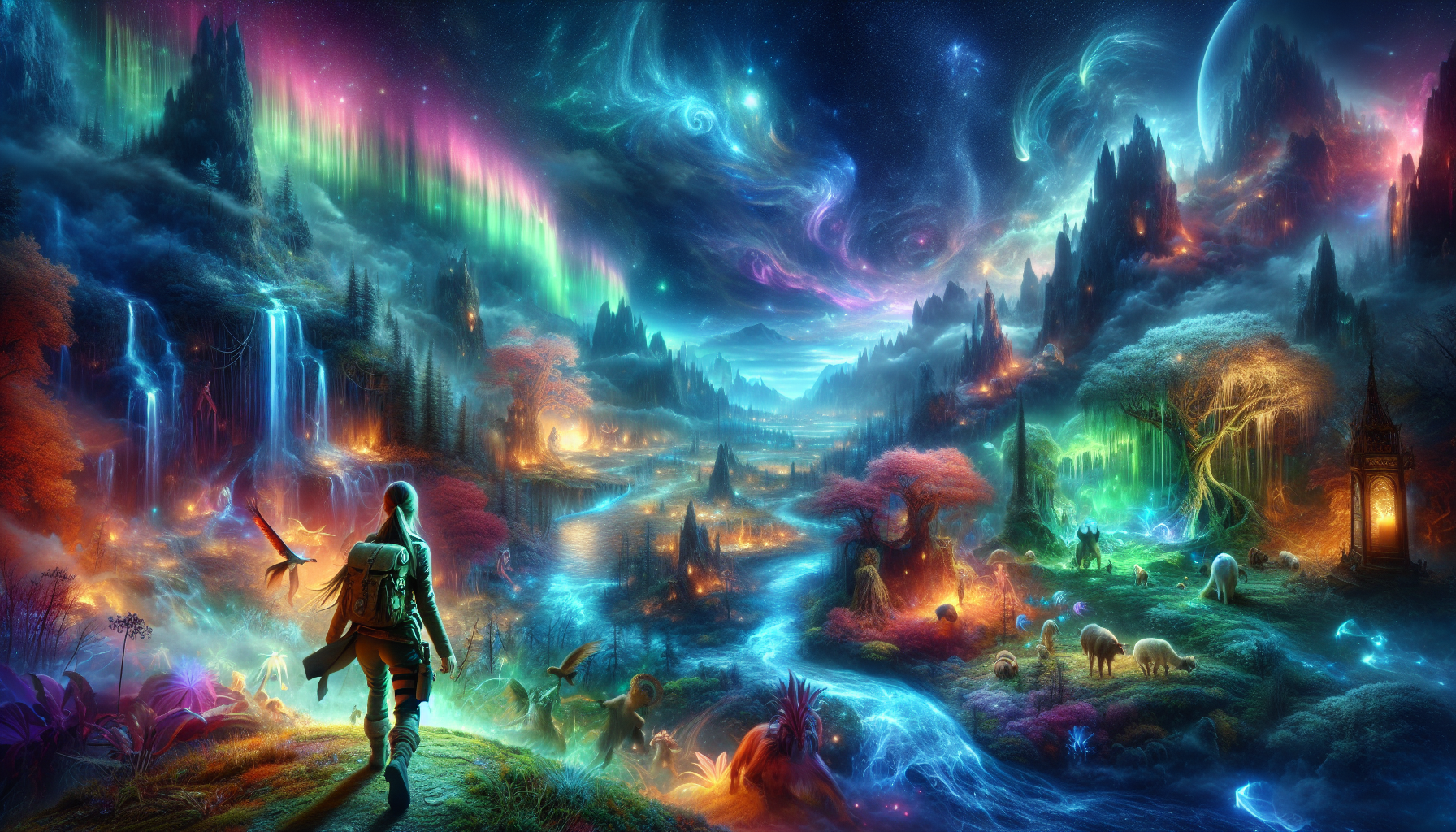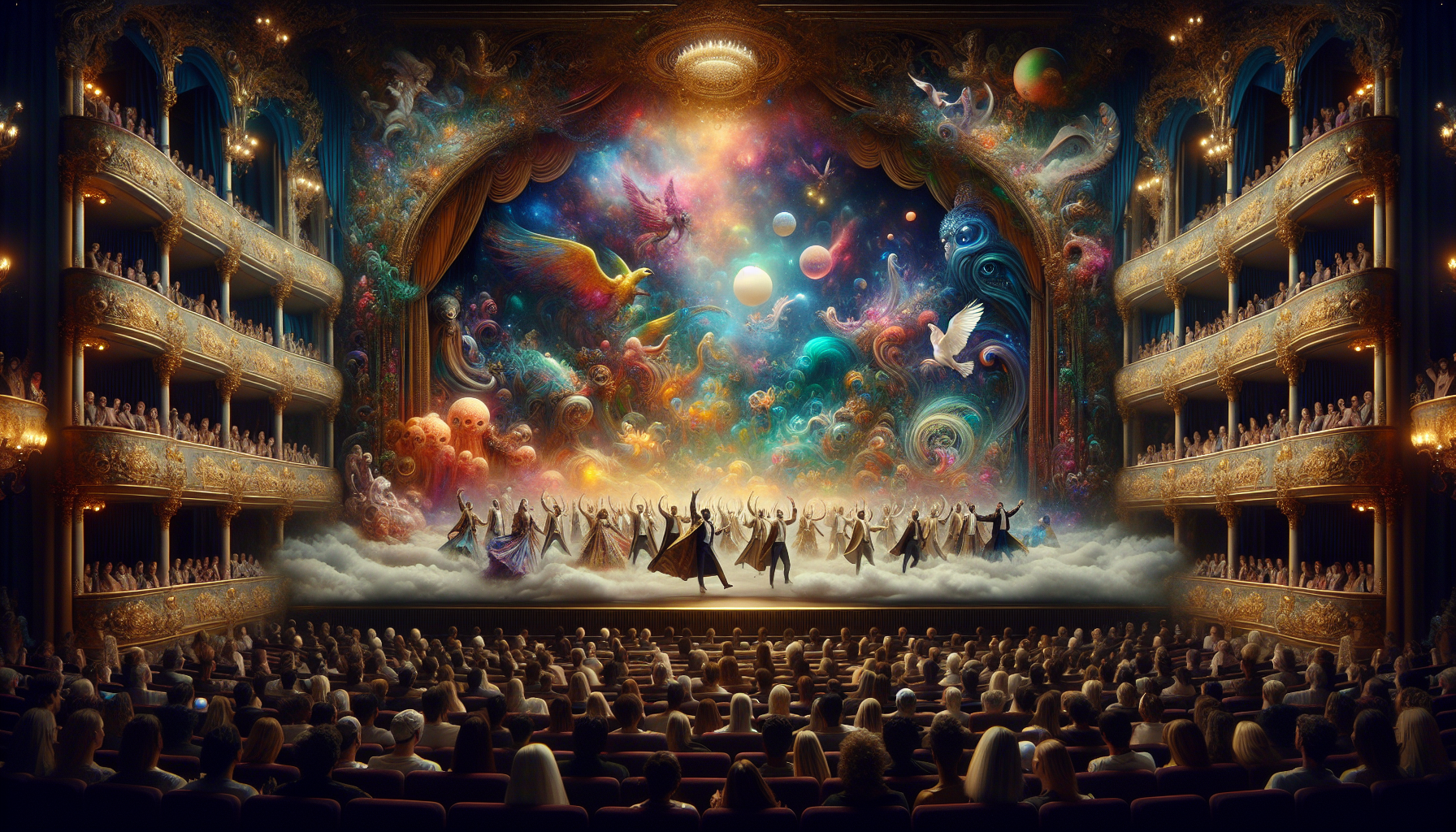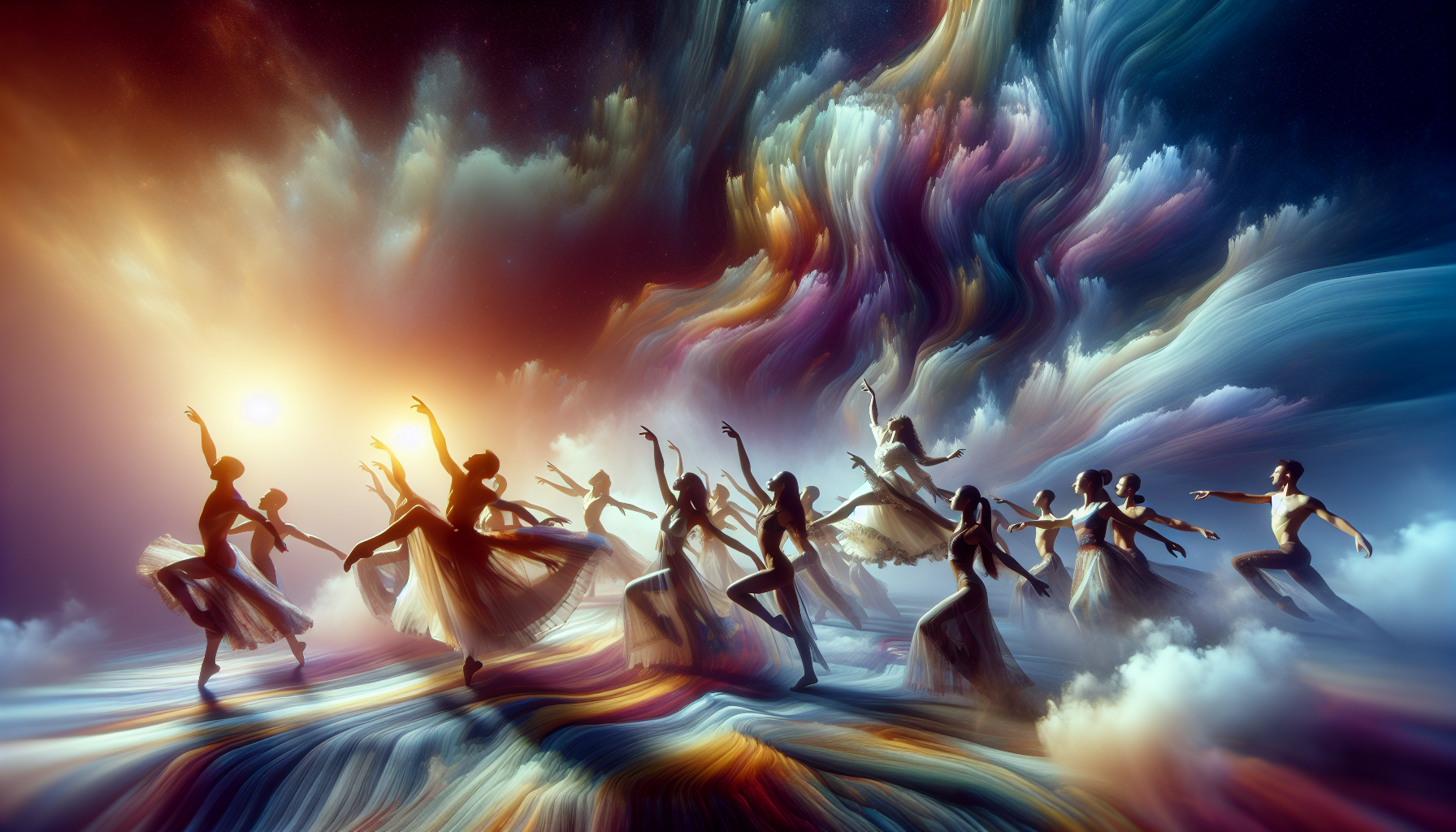In a world where technology propels us forward at an unprecedented pace and the promise of tomorrow dazzles with endless possibilities, there lies a curious and compelling force that continually beckons us to glance over our shoulders: nostalgia. This bittersweet longing for the past, often tinged with a hint of melancholy, has an uncanny ability to transport us to times that, whether lived or imagined, hold a peculiar grip on our hearts and minds. But what is it about the allure of yesteryears that captivates us so intensely? Is it a sanctuary of comfort in a rapidly changing world, or does it serve as a mirror reflecting our innermost desires and fears for the future? 🌌 As we embark on this exploration of nostalgia versus reality, we delve into the intricate dance between memory and dream, understanding what our yearning for bygone eras reveals about our aspirations and anxieties as we chart the course ahead.
Nostalgia, often perceived as a wistful reminiscence of better days, can be both a source of solace and a potential pitfall. It’s the familiar scent of a grandparent’s home, the melody of a long-forgotten song, or the grainy images of a cherished photograph that evoke a tapestry of emotions. Yet, beneath these sentimental layers lies a deeper, psychological phenomenon where the past is not merely a static repository of memories but a dynamic lens through which we interpret the present and envision the future. 🌠 How often do we idealize the past, glossing over its imperfections to construct a narrative that suits our present needs? And more importantly, how does this idealization impact our ability to face reality with clarity and purpose? As we navigate this complex landscape, we’ll uncover the psychological underpinnings of nostalgia, examining its role in shaping identity and influencing decision-making, both on a personal level and within the broader societal context.
Throughout this article, we’ll journey through time, examining how nostalgia influences various aspects of our lives, from culture and media to personal relationships and societal trends. 🎬 We’ll unravel how the entertainment industry capitalizes on this phenomenon, crafting stories that resonate with our collective longing for the past while simultaneously inspiring future creations. We’ll explore the fine line between cherishing memories and escaping into them, questioning when nostalgia becomes a hindrance rather than a help. Furthermore, we’ll consider the implications of nostalgia in a world increasingly defined by rapid change and uncertainty, pondering whether our dreams of the past could indeed hold the keys to a more grounded and intentional future. Join us as we reflect on these timeless musings, bridging the gap between the echoes of yesterday and the dawn of tomorrow, seeking to understand what our dreams of the past can truly reveal about the road that lies ahead. 🌅
The Enchantment of Nostalgia: Understanding Its Roots
Nostalgia is a powerful emotion that can sweep us off our feet, transporting us to a time we remember fondly. It often serves as a lens through which we view our past, tinged with a warmth that may or may not align with reality. To truly understand nostalgia, we must first explore its origins and the factors that contribute to its development. This emotional experience is deeply rooted in our memories, creating a connection to moments that shaped our identities.
The term “nostalgia” was coined in the 17th century by a Swiss medical student, Johannes Hofer, to describe the homesickness experienced by soldiers fighting away from home. Over time, its meaning has evolved. Today, nostalgia is not just about longing for a physical place but rather a temporal space – a yearning for the past that often brings comfort and solace. It’s an emotional cocktail of happiness, longing, and sometimes even sadness, all rolled into one.
Several psychological theories attempt to explain why nostalgia is such a common human experience. One theory suggests that nostalgia serves as a coping mechanism, helping individuals deal with change and uncertainty by providing a sense of continuity and meaning. By recalling happy memories, people can reinforce their sense of self and strengthen social bonds. Another perspective highlights the role of nostalgia in enhancing mood and reducing stress, contributing to psychological resilience. As we delve deeper, it becomes evident that nostalgia is not merely a sentimental longing but a complex emotional response that can reveal much about our psyche and our need for connection.
The Influence of Media on Nostalgia
The media plays a crucial role in shaping and amplifying our nostalgic experiences. With the rise of retro-themed movies, TV shows, and music, the entertainment industry often taps into our longing for the past. These media representations create a collective nostalgia, where groups of people yearn for the same bygone era, whether they’ve experienced it firsthand or not. Shows like “Stranger Things” and movies such as “Ready Player One” are prime examples of how nostalgia is leveraged to captivate audiences, drawing on cultural touchstones from the past to create a sense of shared memory.
The digital age has further intensified our nostalgic tendencies. Social media platforms like Facebook and Instagram regularly remind users of past events through “memories” features, prompting a reflective journey into the past. Moreover, YouTube channels dedicated to retro content allow viewers to relive their favorite moments from childhood, perpetuating a cycle of nostalgia that is both personal and communal.
While media can enhance nostalgic feelings, it can also distort our perception of the past. By idealizing certain periods or aspects of history, we might overlook the challenges and complexities that existed. This selective memory can lead to a rose-tinted view of the past, influencing how we perceive the present and envision the future. It is essential to approach nostalgia with a balanced perspective, recognizing the beauty and value in past experiences while remaining grounded in reality.
Reality Check: Comparing Nostalgia with Actual History
As nostalgia grows, it becomes imperative to contrast these feelings with historical facts. Our memories are often selective and subjective, shaped by emotions and personal biases. This can result in a glorified version of the past that may not accurately reflect reality. Analyzing the differences between nostalgic memories and historical facts can offer valuable insights into how we perceive time and change.
| Nostalgic Perception | Historical Reality |
|---|---|
| The 1950s were a time of prosperity and happiness for all. | While post-war economic growth did occur, many faced racial segregation, gender inequality, and poverty. |
| The 1980s were an era of vibrant culture and freedom. | The decade also saw political tensions, economic struggles, and the AIDS crisis. |
| The 1990s brought technological innovation and peace. | Despite tech advancements, the decade experienced conflicts like the Gulf War and the Balkan crisis. |
By examining these differences, we can better understand the influence of nostalgia on our perceptions. It’s crucial to recognize that while nostalgia can enhance our appreciation for the past, it should not overshadow the complexities of historical realities. Such understanding allows us to appreciate the lessons learned from history, guiding our decisions and actions in the present.
Dreaming of the Past: What It Means for Our Future
Nostalgia not only reflects our past but also influences our future. By analyzing what we long for, we can uncover our desires and fears, shaping our aspirations and goals. Dreaming of the past often reveals unmet needs or unresolved issues, providing an opportunity for growth and transformation.
When we dream of the past, we’re often seeking something we’ve lost or something we never had. This yearning can guide us in identifying what truly matters to us, whether it’s a sense of security, love, or fulfillment. By understanding these desires, we can make informed decisions about our future, aligning our actions with our values and passions.
Moreover, nostalgia can inspire creativity and innovation. Artists, writers, and creators often draw on past experiences to fuel their work, blending nostalgic elements with contemporary themes. This fusion of old and new can lead to groundbreaking creations that resonate with audiences, providing a bridge between generations.
Embracing Change with a Nod to the Past
Change is an inevitable part of life, and nostalgia can play a crucial role in helping us navigate it. By acknowledging the lessons of the past, we can approach change with confidence and resilience. Nostalgia can remind us of our strengths and achievements, providing a source of motivation and encouragement as we face new challenges.
At the same time, it’s essential to remain open to new experiences and perspectives. While nostalgia can offer comfort, it should not prevent us from embracing change and growth. By integrating the past into our present, we can create a future that honors our history while embracing the possibilities of tomorrow.
Ultimately, nostalgia is a complex and multifaceted emotion that can enrich our lives in meaningful ways. By reflecting on the past, we can gain insights into our present and future, fostering a deeper understanding of ourselves and our place in the world. Through mindful engagement with nostalgia, we can create a life that is both grounded in history and open to the opportunities of the future.

Conclusion
Conclusion: Navigating the Timeless Dance Between Nostalgia and Reality
As we conclude our exploration into the intricate interplay between nostalgia and reality, it’s essential to reflect on the key insights gleaned from this journey. Throughout the article, we delved into the profound influence of nostalgia on our perceptions and its dual role as both a comforting refuge and a potential barrier to embracing the present and future.
Recapitulation of Key Points
Firstly, we examined nostalgia’s origin as a psychological phenomenon, tracing its roots back to homesickness in soldiers and how it evolved into a more complex emotional experience. Nostalgia, we learned, is not merely a longing for the past; it is a multifaceted sentiment that can evoke a range of emotions, from joy and comfort to melancholy and regret.
One of the critical discussions centered around the dichotomy of nostalgia as both a therapeutic tool and a potential hindrance. While it offers solace and a sense of continuity during times of change, it can also lead to idealization of the past, creating a distorted view that may impede personal growth and adaptation to new realities. This dual nature underscores the importance of balancing nostalgic reflection with present mindfulness.
We also explored how nostalgia is leveraged in various domains, from marketing and entertainment to politics and social movements. In each case, nostalgia can be a powerful catalyst for connection and engagement, yet it also demands a critical lens to avoid manipulation or escapism. By understanding the motivations behind nostalgic appeals, individuals can make more informed choices about their responses and actions.
A significant portion of our discussion was dedicated to the implications of nostalgia for future thinking. As we face unprecedented global challenges, such as technological advancements, climate change, and societal shifts, nostalgia offers valuable lessons. It reminds us of the importance of human values, community, and the lessons of history, encouraging us to draw from past experiences to inform innovative solutions for the future.
The Importance of the Theme
Understanding nostalgia is crucial, as it is a universal human experience that influences our behavior, decision-making, and identity. In a rapidly changing world, nostalgia provides continuity and grounding, yet it also challenges us to discern between idealized memories and actionable insights. By acknowledging nostalgia’s impact, we can harness its potential to inspire creativity, resilience, and a deeper appreciation of the present moment.
This theme is particularly relevant in today’s context, where societal and technological transformations prompt us to reflect on our roots and envision our trajectories. Nostalgia, when used mindfully, can be a source of empowerment, guiding us to cherish our heritage while embracing change with open hearts and minds.
Inspiring Action and Engagement
As you ponder the reflections shared in this article, I encourage you to take action. Engage with your own experiences of nostalgia—what memories bring you joy, comfort, or insight? How can these reflections inform your present choices and future aspirations? Share your thoughts with others, fostering conversations that bridge generational gaps and promote understanding.
Consider applying the lessons of nostalgia to your personal and professional life. Whether through storytelling, creative endeavors, or community involvement, let nostalgia be a catalyst for connection and innovation. By doing so, you not only honor the past but also contribute to a future rich with meaning and possibility.
In closing, I invite you to share this article with those who might benefit from its insights. Your engagement can spark discussions and inspire others to explore the timeless dance between nostalgia and reality. Together, we can navigate this intricate landscape, using the past as a guide to shape a brighter, more informed future.
🔗 For further exploration, consider these active resources:
– Psychology of Nostalgia: A Brief Overview
– The Role of Nostalgia in Marketing
– Nostalgia in Popular Culture: Impact and Implications
Thank you for joining this reflective journey. May your nostalgic reflections illuminate your path forward. 🌟
Gabriel is a visual storyteller and dream archivist whose work explores the fragile boundary between memory and imagination. Through layered visuals and symbolic design, Gabriel captures the fleeting essence of dreams — those strange, beautiful, and sometimes haunting fragments that drift through sleep and linger in waking thought.
His creative journey is rooted in a deep fascination with the subconscious and the imagery it conjures. From half-remembered landscapes to recurring symbols and surreal encounters, each piece Gabriel brings to life becomes a portal into the inner archive — where time distorts, meanings shift, and personal mythology takes form.
With a background in handcrafted artistry and visual composition, Gabriel merges intuition with intention. His work doesn’t merely depict dreams; it preserves them, translating ephemeral moments into tangible expressions that evoke emotion, curiosity, and quiet revelation. Each visual is both a record and an invitation to explore the rich terrain of inner life.
Through illustrated dream journals, symbolic studies, and visual essays, Gabriel invites others to connect with the poetic architecture of their subconscious landscapes. His art becomes a mirror — not only of what we see at night, but of what we carry deep within.
His work is a tribute to:
-
The fragile beauty of forgotten dreams
-
The language of symbols in the subconscious mind
-
The inner worlds we visit but rarely name
Whether you’re a lucid dreamer, a seeker of hidden meanings, or someone fascinated by the mystery of sleep-born stories, Gabriel welcomes you to step into a space where dreams are not lost — they are archived, one vision, one sketch, one silent narrative at a time.





